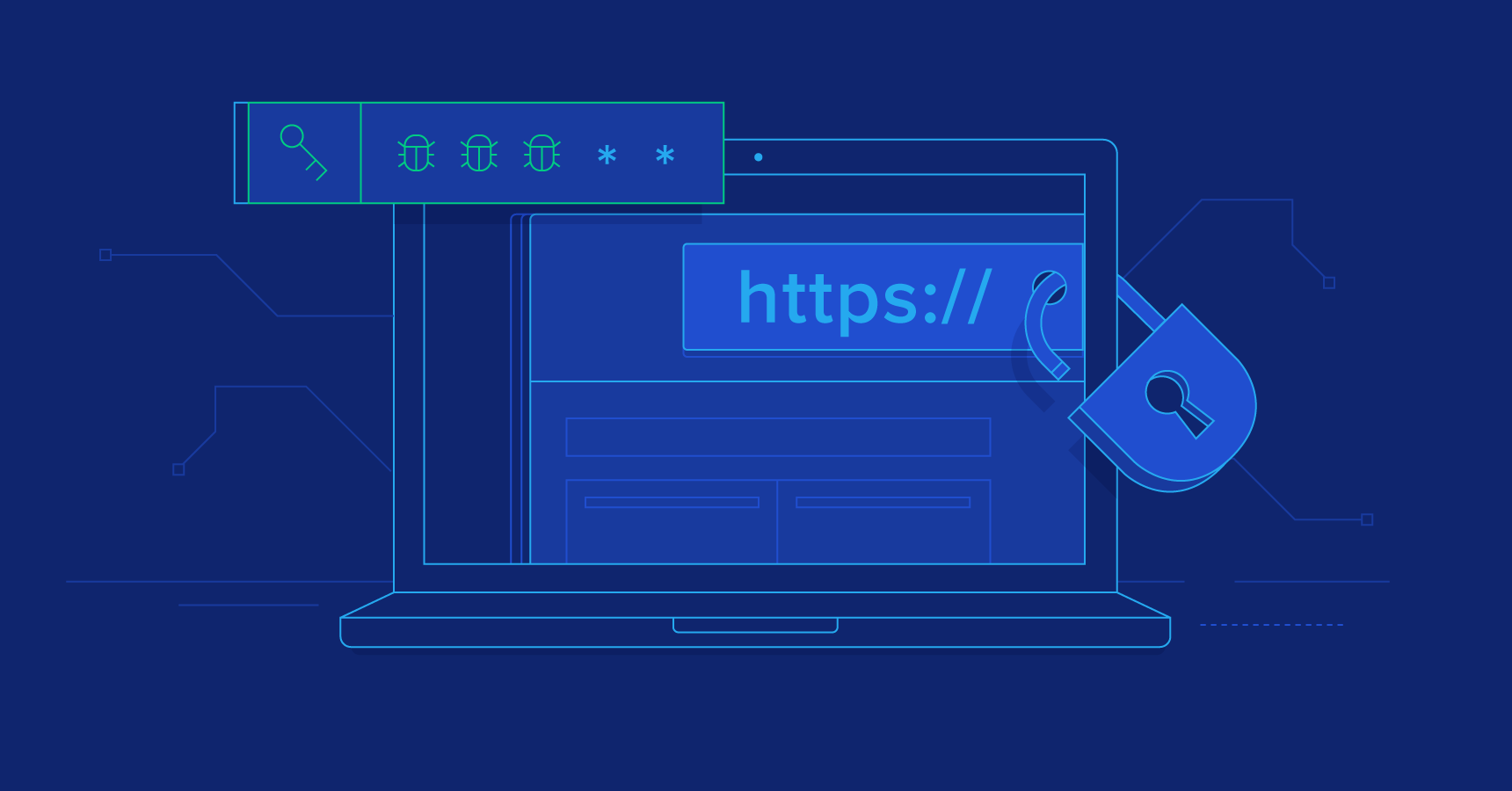We should use SSL (Secure Sockets Layer) for our websites and web applications for several important reasons.
The following are some reasons why we should use SSL;
1. Data Integrity.
2. Authentication.
3. Trust and Confidence.
4. Compliance Requirements.
5. SEO Benefits.
Data Encryption: SSL provides encryption for the data transmitted between a web server and a client, such as a web browser. Encryption ensures that the information exchanged remains confidential and cannot be intercepted or read by unauthorized parties. This is particularly crucial when handling sensitive data, such as passwords, credit card details, or personal information, even our activities online.
Data Integrity: SSL helps maintain the integrity of data during transmission. It uses cryptographic algorithms to create a message digest, or hash, of the data being sent. This hash is then encrypted and sent along with the data. Upon receiving the data, the recipient can verify the integrity by decrypting the hash and comparing it to the calculated hash of the received data. If they match, it indicates that the data has not been tampered with during transit.
Authentication: SSL enables the authentication of web servers and verifies that the client is connecting to the intended, legitimate server. This authentication is done through digital certificates issued by trusted Certificate Authorities (CAs). Certificates contain information about the server, such as its public key, domain name, and issuer details. By validating the certificate, users can be confident that they are connecting to a genuine and trusted website.
Trust and Confidence: SSL helps establish trust and confidence between website visitors and the site owner. When a website is secured with SSL, modern web browsers display visual cues such as a padlock icon or a green address bar, indicating that the connection is secure. This reassures users that their data is protected, which can enhance their trust in your website and increase their confidence in sharing sensitive information.
Compliance Requirements: SSL is often required to meet compliance regulations and industry standards. For example, if you handle online payments, the Payment Card Industry Data Security Standard (PCI DSS) mandates the use of SSL/TLS to secure sensitive cardholder data during transmission. Similarly, regulations like the General Data Protection Regulation (GDPR) may require the protection of personal data using appropriate security measures, including encryption.
SEO Benefits: Search engines like Google consider SSL as a positive ranking signal. Websites using SSL/TLS may have a slight advantage in search engine rankings compared to those without SSL. Additionally, some browsers and search engines may display warnings or label non-secure websites explicitly, which can deter visitors.
Overall, using SSL is essential for securing data, maintaining privacy, establishing trust, and meeting compliance requirements. It helps protect sensitive information, prevents unauthorized access, and ensures a safer browsing experience for users.
